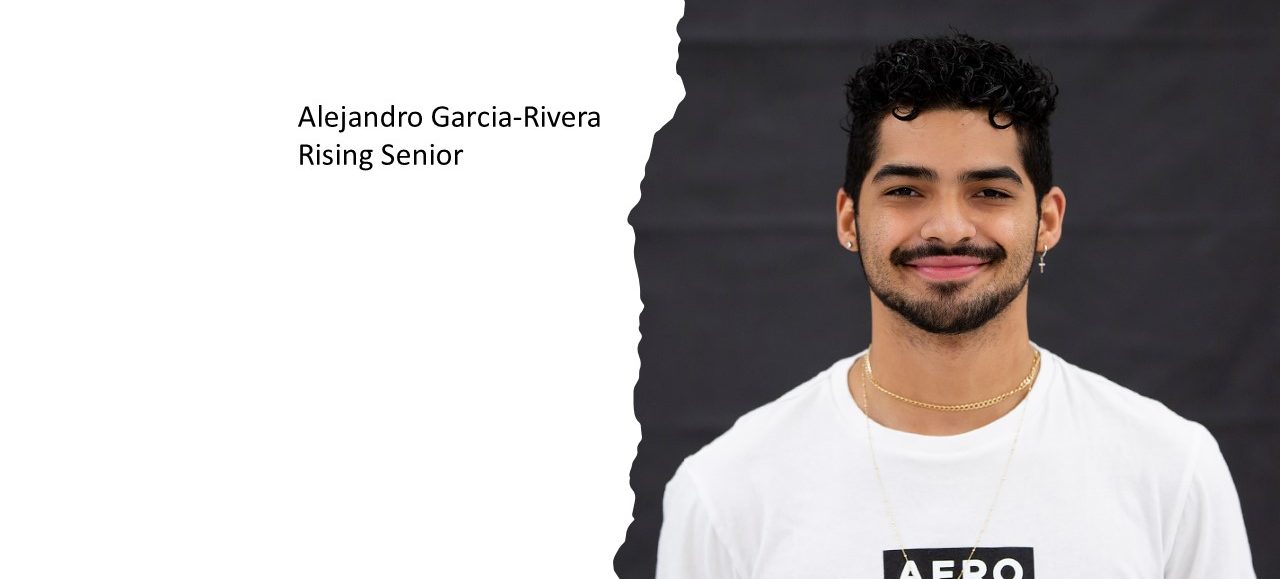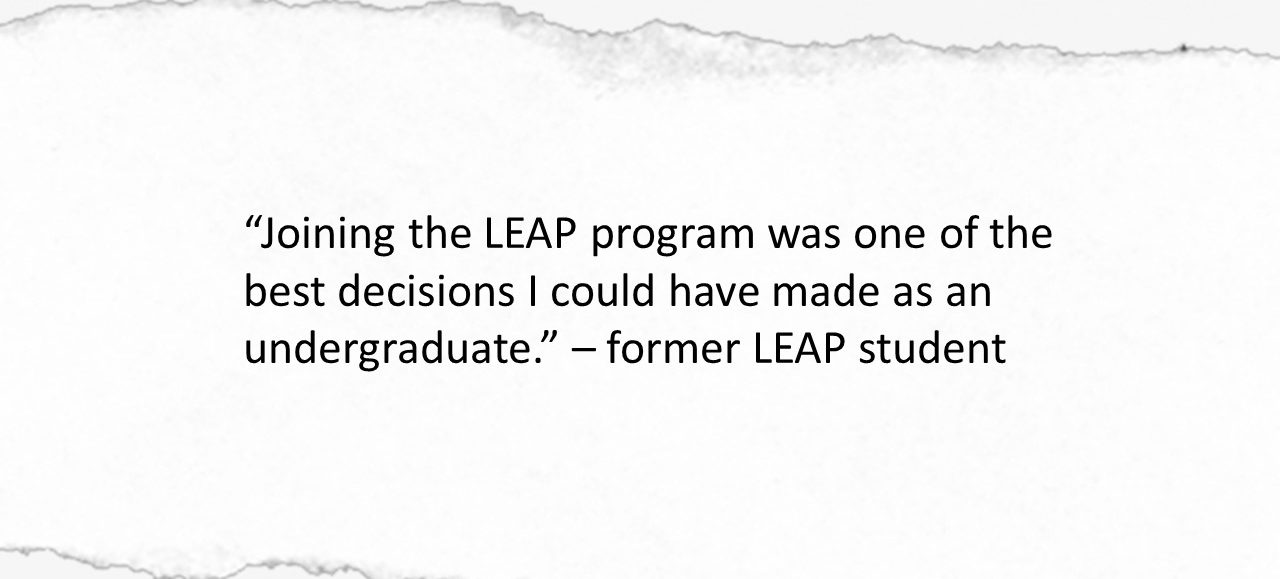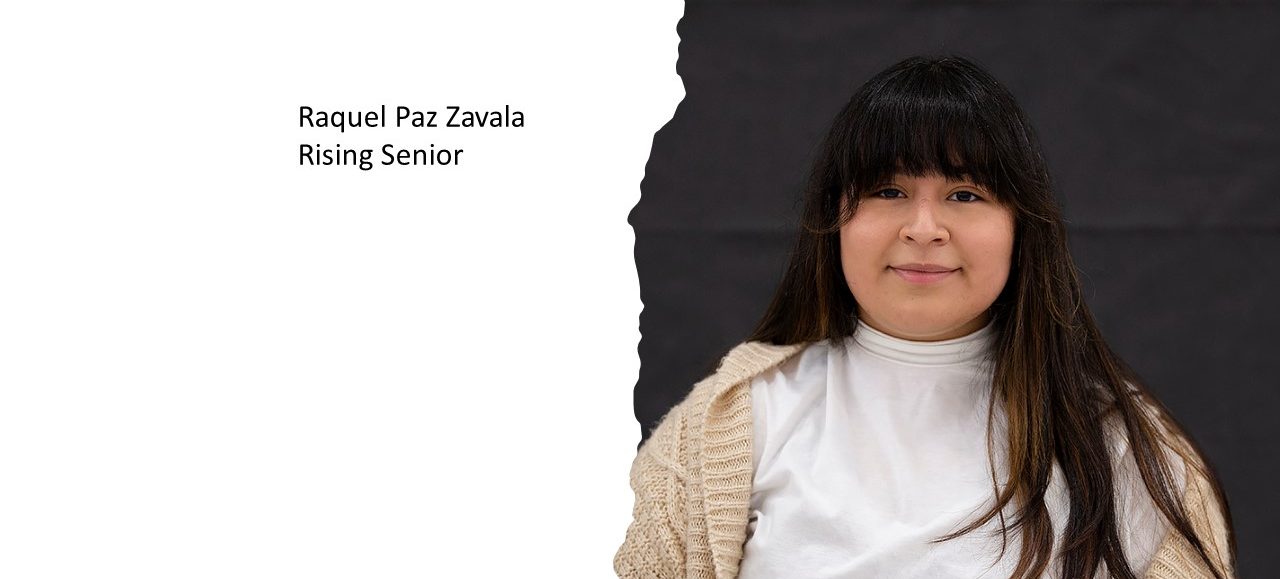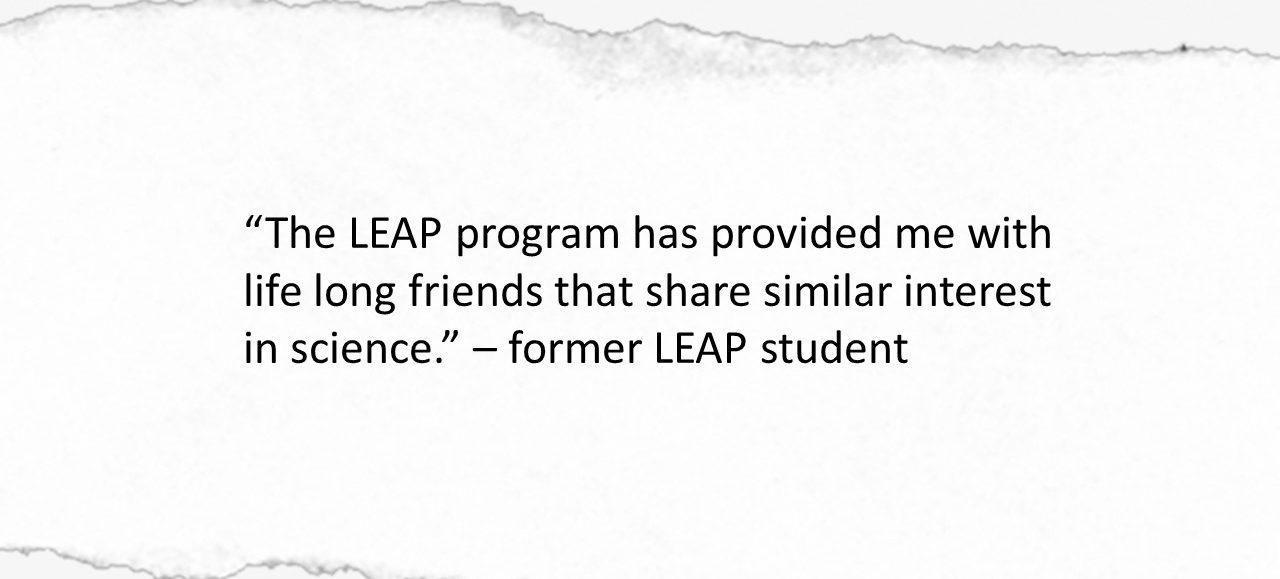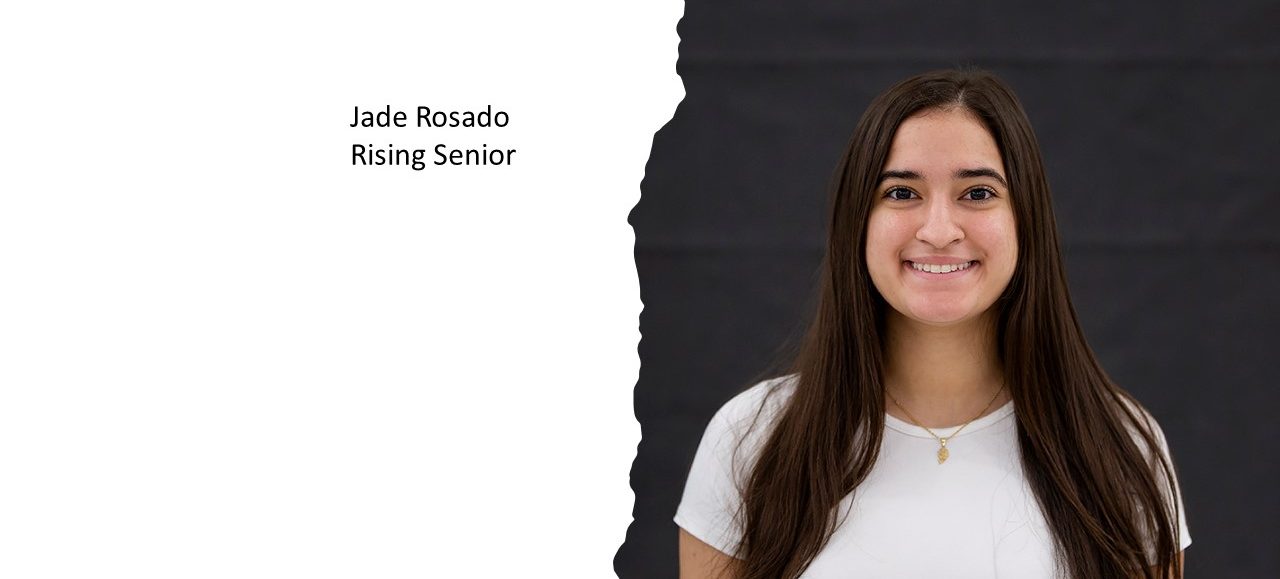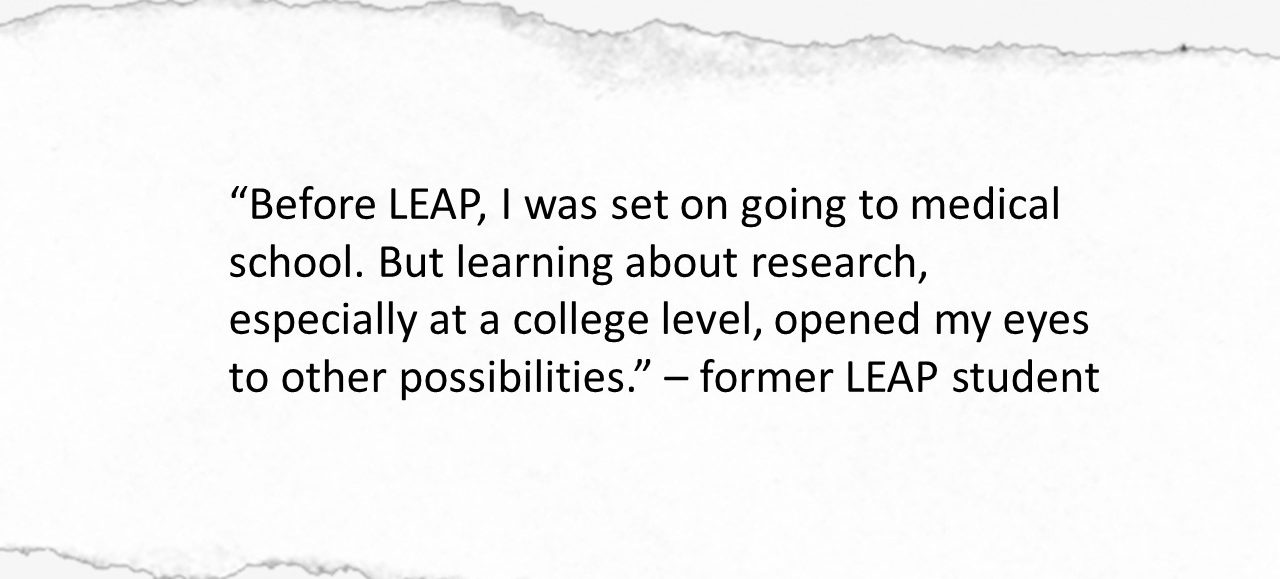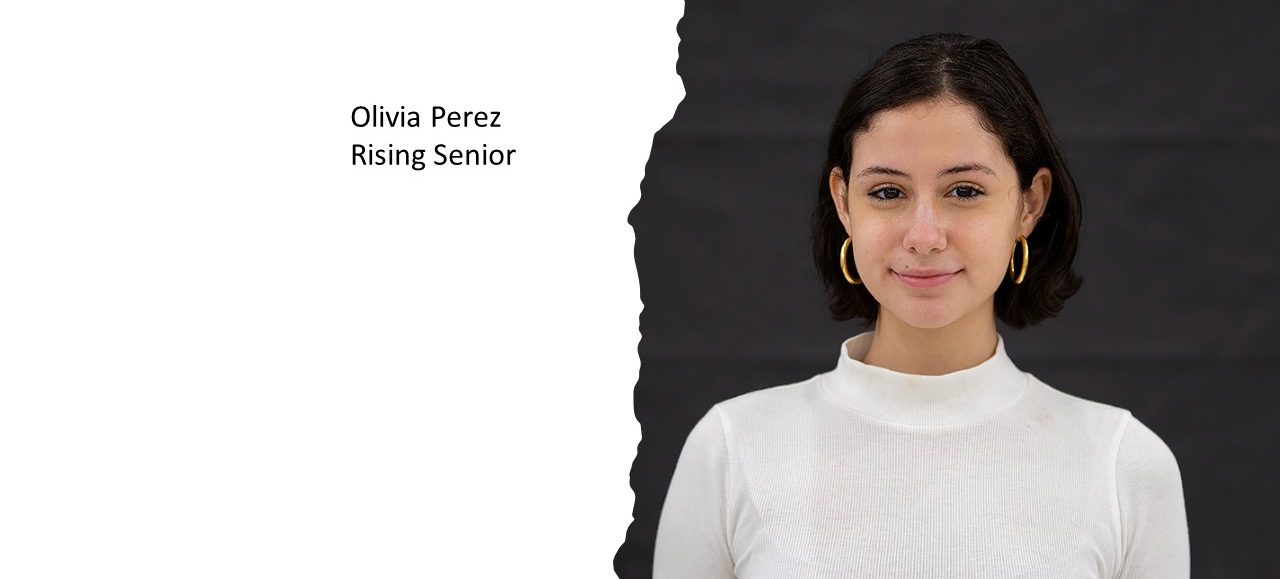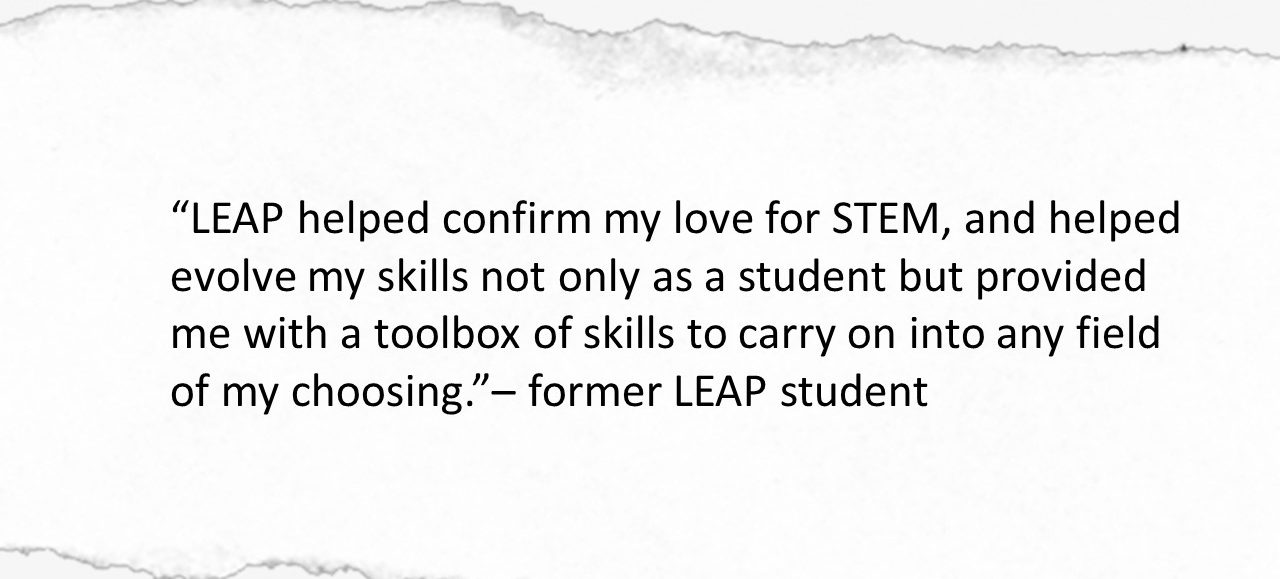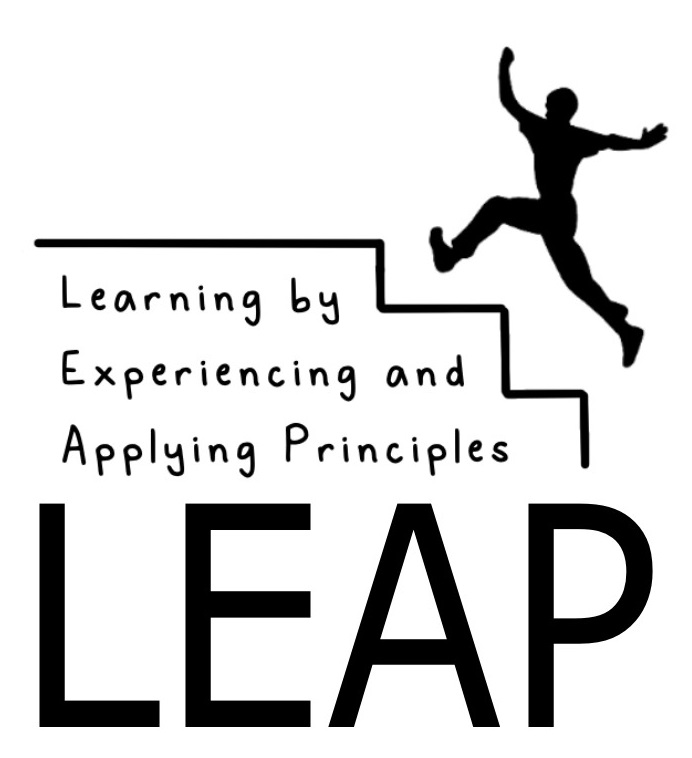
Meet the Mentors
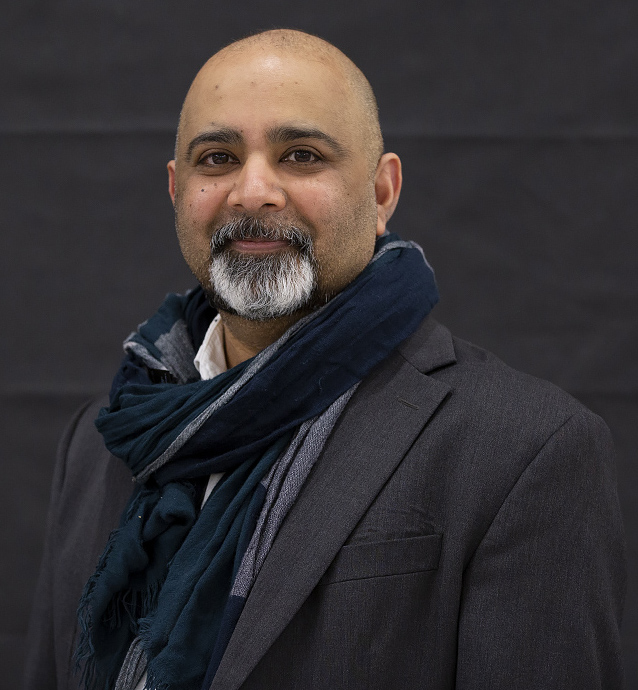
Dr. Rahul Kanadia founded the LEAP program in 2018 to encourage early-career undergraduate students to explore diverse career opportunities in STEM.

Saren Springer, the graduate student mentor for the LEAP program from 2022 to present.
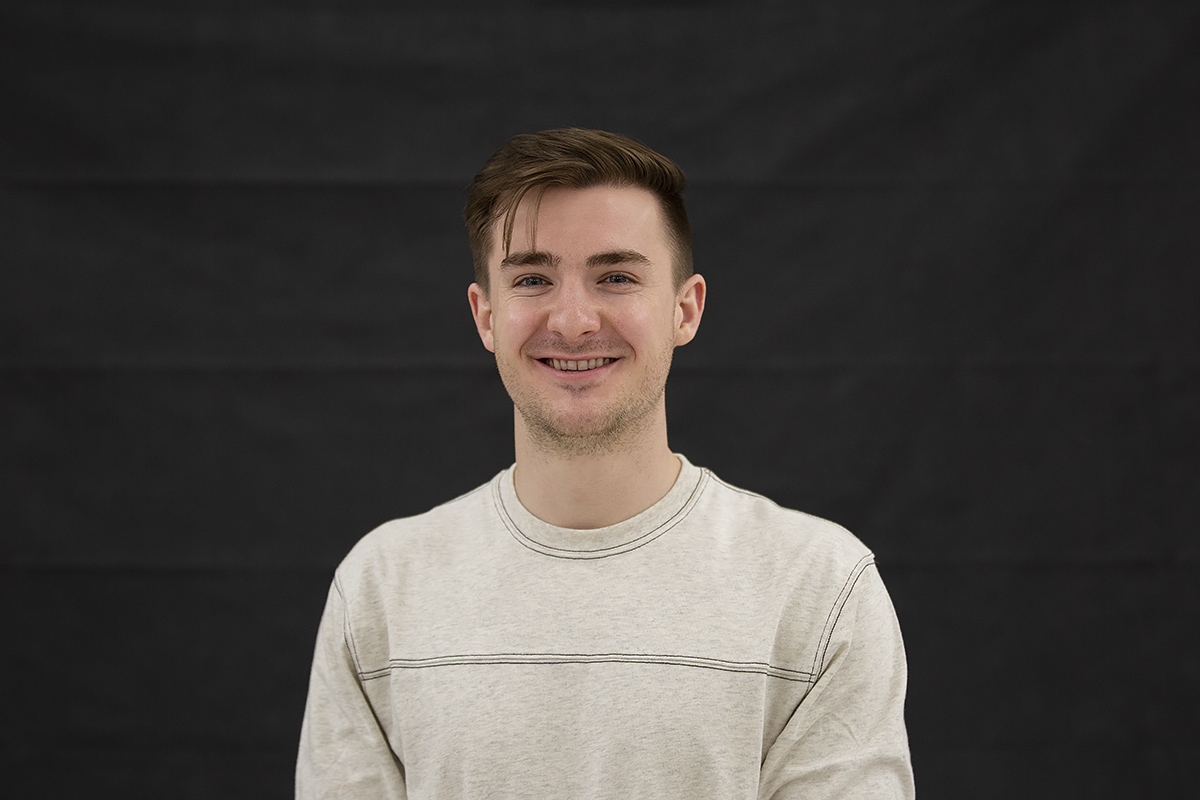
Dr. Kyle Drake, the LEAP mentor from 2018 to 2021. Dr. Drake is now a post-doctoral researcher at Harvard University.
Applications for the Fall 2023 LEAP Cohort are closed.
Please check back in for updates on future LEAP Cohorts.
About LEAP
The LEAP program is a two-year program that is designed to provide early biology students (PNB, EEB, MCB) a unique experience to maximize their academic potentials. Early research experience and community building have shown to improve students’ academic success. Each participant will receive specialized faculty mentoring and be exposed to research training starting at a freshman level. The faculty involved will help you to hone your academic skills, build a community with research faculty and other participants, and increase research readiness. Diversity of thought, perspective, and approach is essential to the success of a field and a country. Therefore, we encourage students with a diverse background and who are interested in pursuing research careers in biomedical sciences to apply for the LEAP program.
What will be my commitment?
The LEAP program is designed to prepare students for application to other scholarship programs, broaded student's career choices, and increase overall academic success of participants. Participants meet once a week and must register for the associated LEAP course each term. Students can decide to opt out of the program at any time.
The timeline for the LEAP program is as follows:
Year 1 Semester 1 - Exploring Research I: Participants will be introduced to basic concepts in biology, genetics, and bioinformatics (PNB 1201-001)
Year 1 Semester 2 - Exploring Research II: Participants will conduct a literature review and continue to acquire basic research skills in bioinformatics.
Year 2 Semester 1 - Entering Research I: Participants will learn foundational molecular biology research techniques in a laboratory setting.
Year 2 Semester 2 - Entering Research II: Participants will leverage the techniques from the previous semesters to formulate and test a hypothesis specific to their research interests.
